
Get Instant Solution By an Expert Advisor
(4.8)

 The world is now going green, mainly because it is vital to ensure sustainable development for a better environment in the future. EPR is one such initiative where governments urge industries to adopt environmentally friendly means of operation. EPR for plastic regulates that waste producers should be liable for the amount of waste by reclaiming and recycling an equivalent value. This approach does not only minimize the effects that it ironically has on the environment but also encourages proper waste disposal. EPR registration helps businesses manage their waste efficiently and also assists in the compliance of the laws. The article shares a detailed explanation of the process of EPR Registration for E-Waste Management.
The world is now going green, mainly because it is vital to ensure sustainable development for a better environment in the future. EPR is one such initiative where governments urge industries to adopt environmentally friendly means of operation. EPR for plastic regulates that waste producers should be liable for the amount of waste by reclaiming and recycling an equivalent value. This approach does not only minimize the effects that it ironically has on the environment but also encourages proper waste disposal. EPR registration helps businesses manage their waste efficiently and also assists in the compliance of the laws. The article shares a detailed explanation of the process of EPR Registration for E-Waste Management.
EPR registration and certification are important because they demonstrate that a company wants to be green and conform to what is required by the government. This is important given the dangers of environmental pollution from waste such as plastics, tyres, batteries, oil, and e-waste.
Although large companies have effectively integrated EPR concepts into their supply chain management. SMEs are either in the planning or decision-making stage. This is why; EPR services adoption will greatly enhance the environmental status or status quo. Despite clear government guidelines, most organizations are clueless about EPR Certificate, registration, and other standards.
Embracing EPR registration offers numerous advantages for businesses. It contributes to both environmental sustainability and financial prosperity:
Since the government wants to implement EPR by various companies, you must be aware of the process to stay compliant.
Companies must go through several measures and meet certain requirements to complete EPR Plastic Registration as well as to control the usage of plastic waste. Below is a step-by-step guide:
Use these tips for effective EPR for Battery Waste, plastic, and other substances:
Getting registered under the EPR is crucial for companies that align with good waste management practices as their core responsibility. This not only enables organizations to meet their set environmental principles but also supports the achievement of a greener earth as required by EPR regulations.
EPR registration makes the management of waste easier by improving compliance with relevant requirements besides promoting a green culture among business entities. By learning how EPR works, it becomes easier to implement sustainability practices. At Agile Regulatory, we can make the process of EPR Registration for E-Waste Management easier. Contact us today to get started in the right direction.
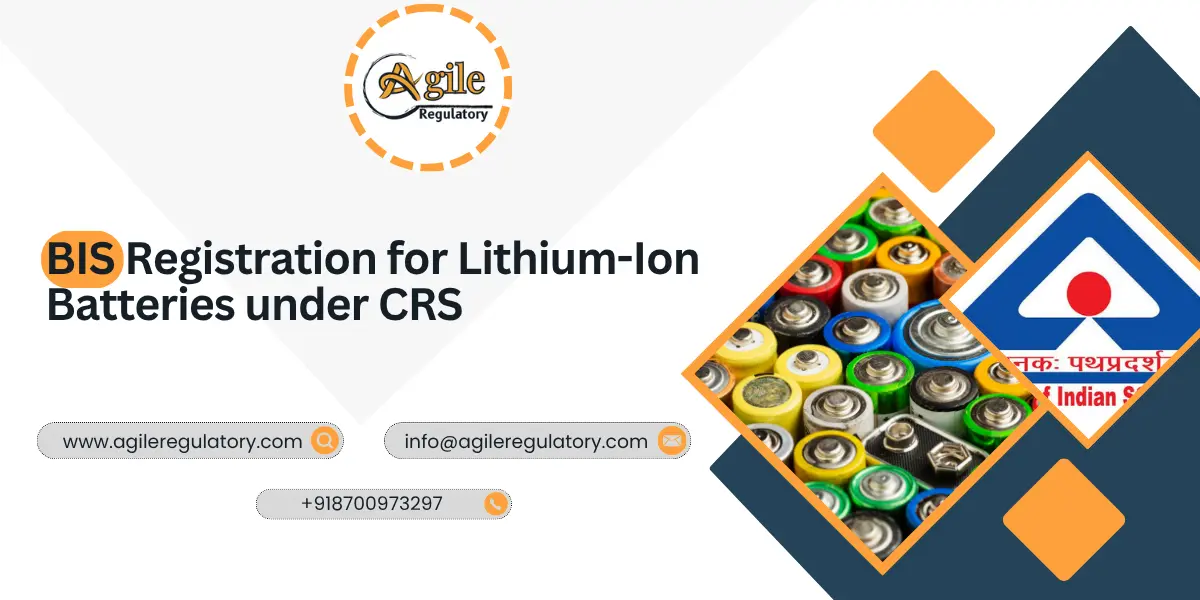
 Nishi Chawla
Nishi Chawla
14 Nov, 2025
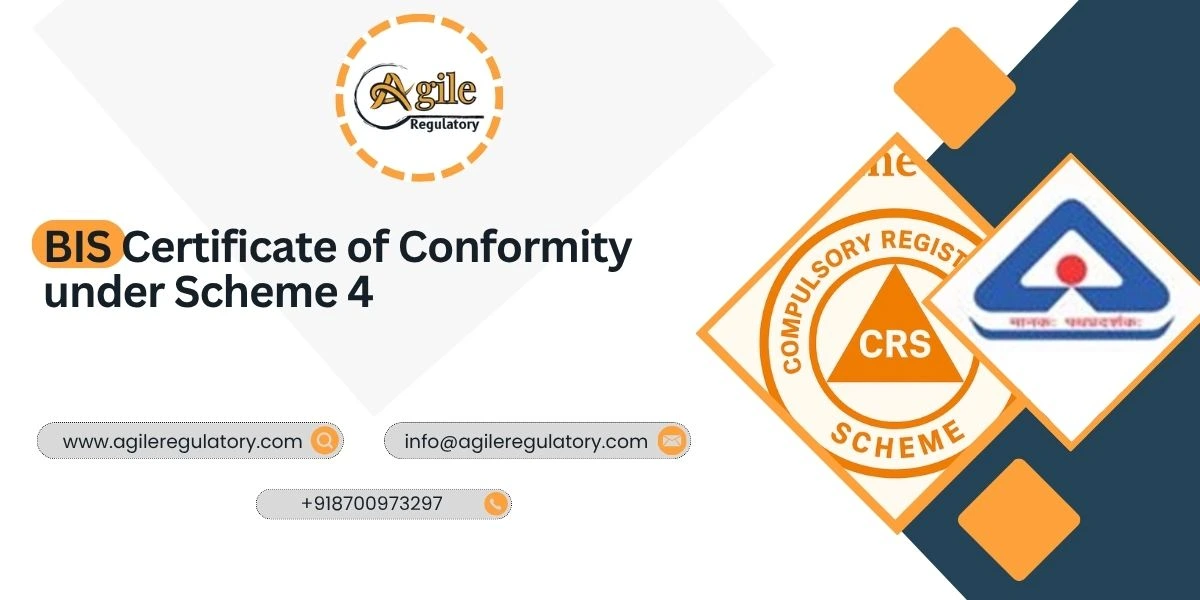
 Nishi Chawla
Nishi Chawla
14 Nov, 2025
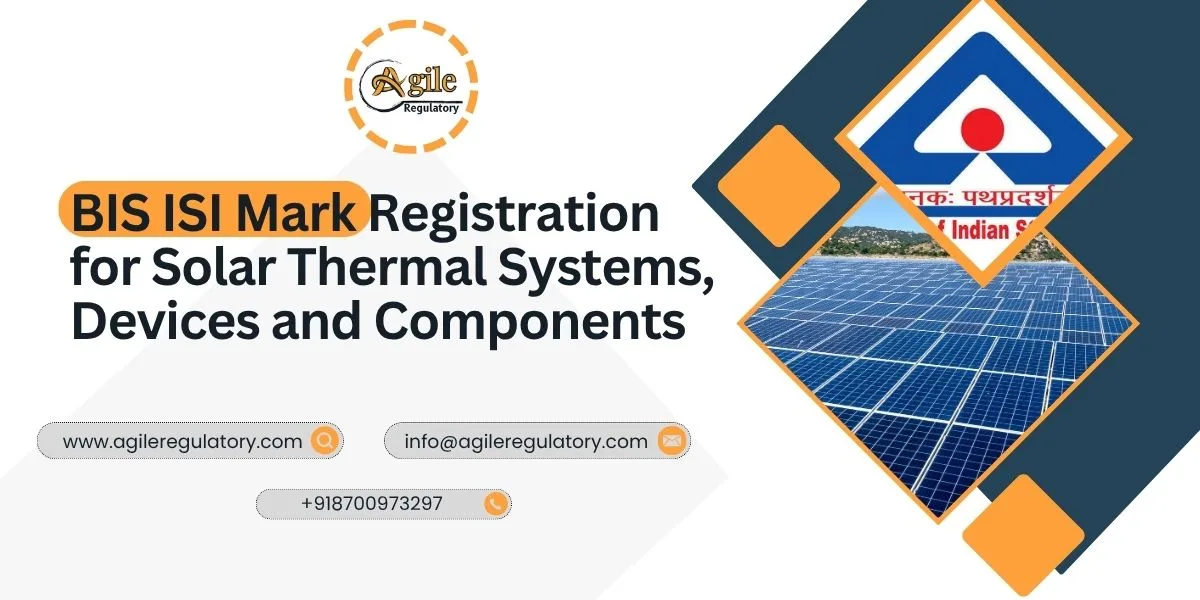
 Nishi Chawla
Nishi Chawla
13 Nov, 2025
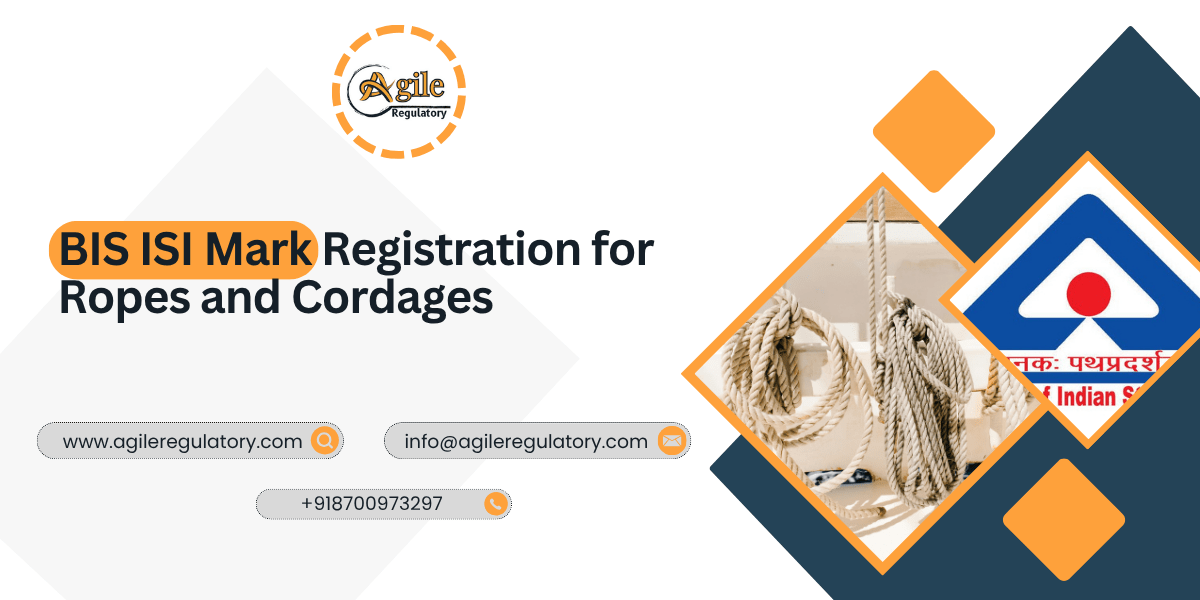
 Nishi Chawla
Nishi Chawla
13 Nov, 2025
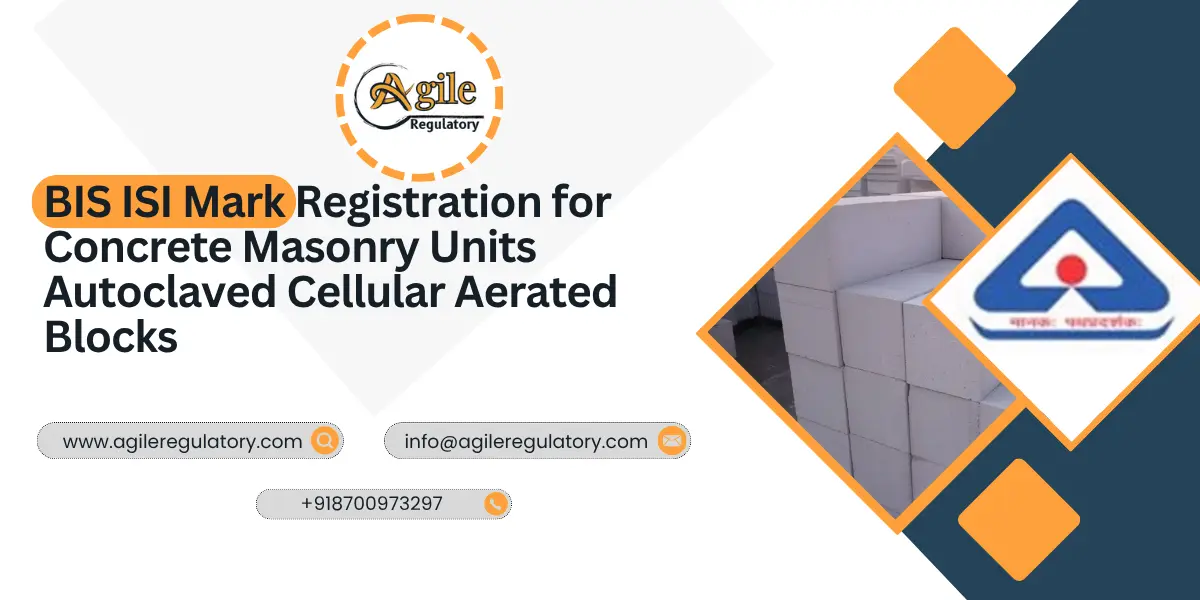
 Nishi Chawla
Nishi Chawla
12 Nov, 2025

Get Instant Solution By an Expert Advisor
(4.8)
We simplify compliance through a proven 4-step process: Consultation, Documentation, Submission, and certification. From understanding requirements to getting final approvals, we deliver a smooth, timely, and fully compliant journey for your business.
What our customer says about us
Fantastic support from the team. Their expertise transformed our approach, driving remarkable outcomes. A must-have partner for businesses seeking effective consulting solutions. Highly recommended.

KTPL Instruments
Agile Regualtory delivers exceptional solutions. Their insightful guidance streamlined our processes and boosted profitability. Highly recommended for businesses seeking expert consulting services to thrive.

Justrack IOT
Impressed by Agile Regulatory's expertise. Their strategic insights and practical solutions have elevated our business operations. A reliable partner for effective consulting services. Highly recommended for growth-focused businesses.

Coaire Compressor
Extraordinary consulting services. Their insightful solutions and dedicated team reshaped our business, driving remarkable improvements. Highly recommend it for transformative results.

Easy Polymer
Incredible experience with Agile Regulatory. Their innovative strategies and expert advice revitalized our business model, resulting in impressive growth. Highly recommend their exceptional consulting services.

Tarus International
Top-tier consulting! offered strategic solutions that revolutionized our approach. Their deep expertise and personalized guidance made a significant impact on our success. Highly recommend their services.

Anchor Weighing
Agile Regulatory exceeded expectations! Their tailored solutions, expertise, and proactive approach led to remarkable results. Highly recommend for businesses seeking impactful and strategic guidance.

AM Capacitor
Outstanding service! delivered targeted solutions with professionalism and expertise. Their insights elevated our business strategies, resulting in noticeable growth. Highly recommended for exceptional consultation.

Imaxx Pro Aquistic
Leave a Reply
Your email address will not be published. Required fields are marked *